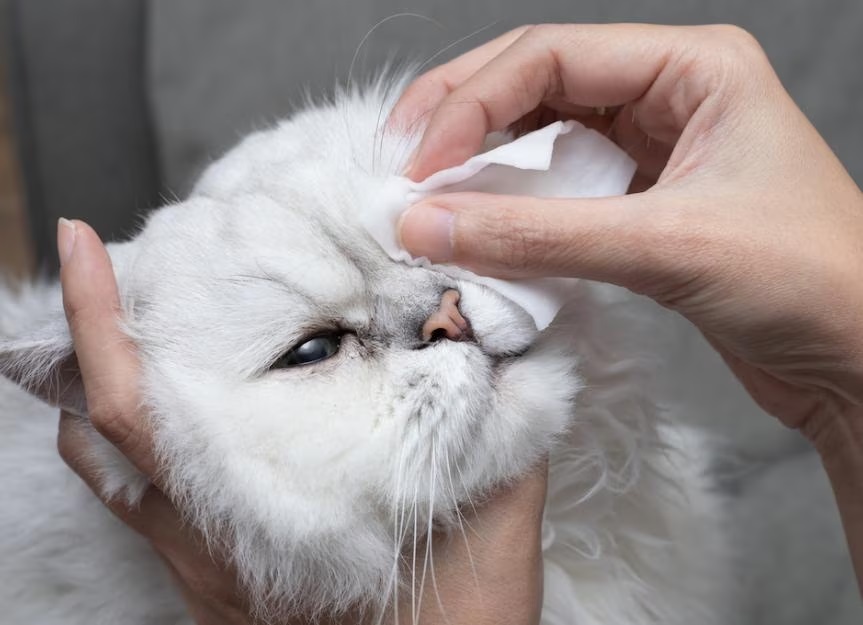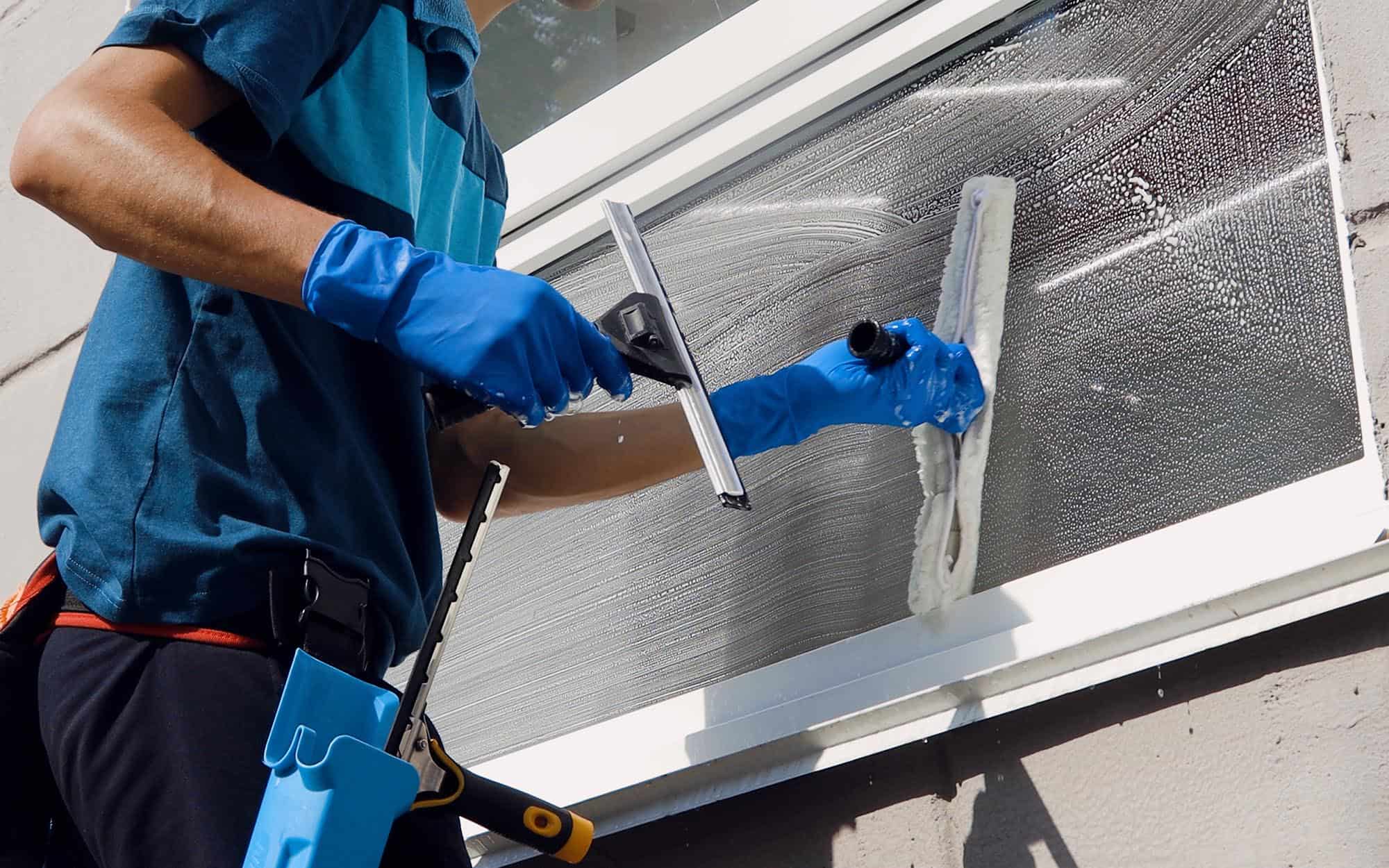A kitty’s nose is usually damp and cool, but there are numerous instances where it might appear or feel abnormal. Various health conditions ranging from mild to severe can lead to a runny nose. Such occurrences are particularly prevalent in young kittens or kitties with weak immune systems.
Booking an appointment with a vet is crucial to identify the root cause of a runny nose. If your cat exhibits secondary symptoms like breathing issues, blood in nasal discharge, a high temperature, or extreme weakness, seek urgent medical attention. Prompt veterinary care is essential for your cat’s health and well-being.
At the same time, consider being equipped with cat insurance NZ so that your fluffy friend can avail of quality medical care with minor financial implications in times like this and many others. Contemplate purchasing cheap cat insurance to provide timely medical assistance during unplanned vet visits.
In the meantime, read this article to learn the top causes of runny nose in feline pets.
Causes
Many medical conditions can cause runny noses in cats. Finding the underlying causes is essential for providing appropriate care and treatment for our feline friends.
1.Allergies
Cats can suffer from allergies, similar to humans. Allergens like pollen, dust mites, mold, or certain foods may trigger a runny nose in sensitive cats.
2.Upper respiratory infections (URIs)
The most common cause of runny noses in cats is viral infections, including feline herpesvirus (FHV-1) and feline calicivirus (FCV). These highly contagious infections and those caused by FeLV and FIV can lead to sneezing, nasal discharge, and conjunctivitis.
3.Bacterial infections
Bacteria, like Bordetella Bronchiseptica and Chlamydophila Felis, can also infect a cat’s respiratory system and cause nasal discharge.
4.Fungal infections
In rare cases, fungal infections like Cryptococcosis and Aspergillosis may lead to respiratory symptoms and a runny nose in cats.
5.Foreign bodies
Cats are curious creatures, and they may accidentally inhale or sniff chemicals, smoke, and foreign objects, leading to irritation and a runny nose.
6.Tumors
Nasal tumors, although relatively rare, can cause persistent nasal discharge.
7.Nasal polyps
These benign growths in the nasal passages can obstruct airflow and cause nasal discharge in cats of any age, including young kittens.
8.Sinusitis
Infections or inflammation of the sinuses can result in this condition.
9.Chronic rhinitis
Inflammation of the nasal passages, often of unknown cause, can lead to chronic nasal discharge.
10.Dental problems
Dental issues, like infected teeth or abscesses, can cause nasal discharge if the infection spreads to the sinuses.
When a cat experiences a runny nose, observing other accompanying symptoms like loss of appetite, coughing, or difficulty breathing is essential. If any concerning signs are present or the nasal discharge is persistent, it is crucial to seek veterinary attention promptly.
The vet will conduct a thorough physical examination, possibly including blood tests, X-rays, scans, or other diagnostic procedures, to determine the root cause. Treatment will depend on the specific diagnosis and may involve antiviral or antibiotic medications, allergy management, removal of foreign objects, or surgery in some cases.
Early detection and intervention can significantly improve the health outcome for cats with runny noses and related health conditions. With cat insurance in NZ, providing medical assistance wouldn’t be as financially burdening, which is why you should contemplate purchasing cheap cat insurance at least.





